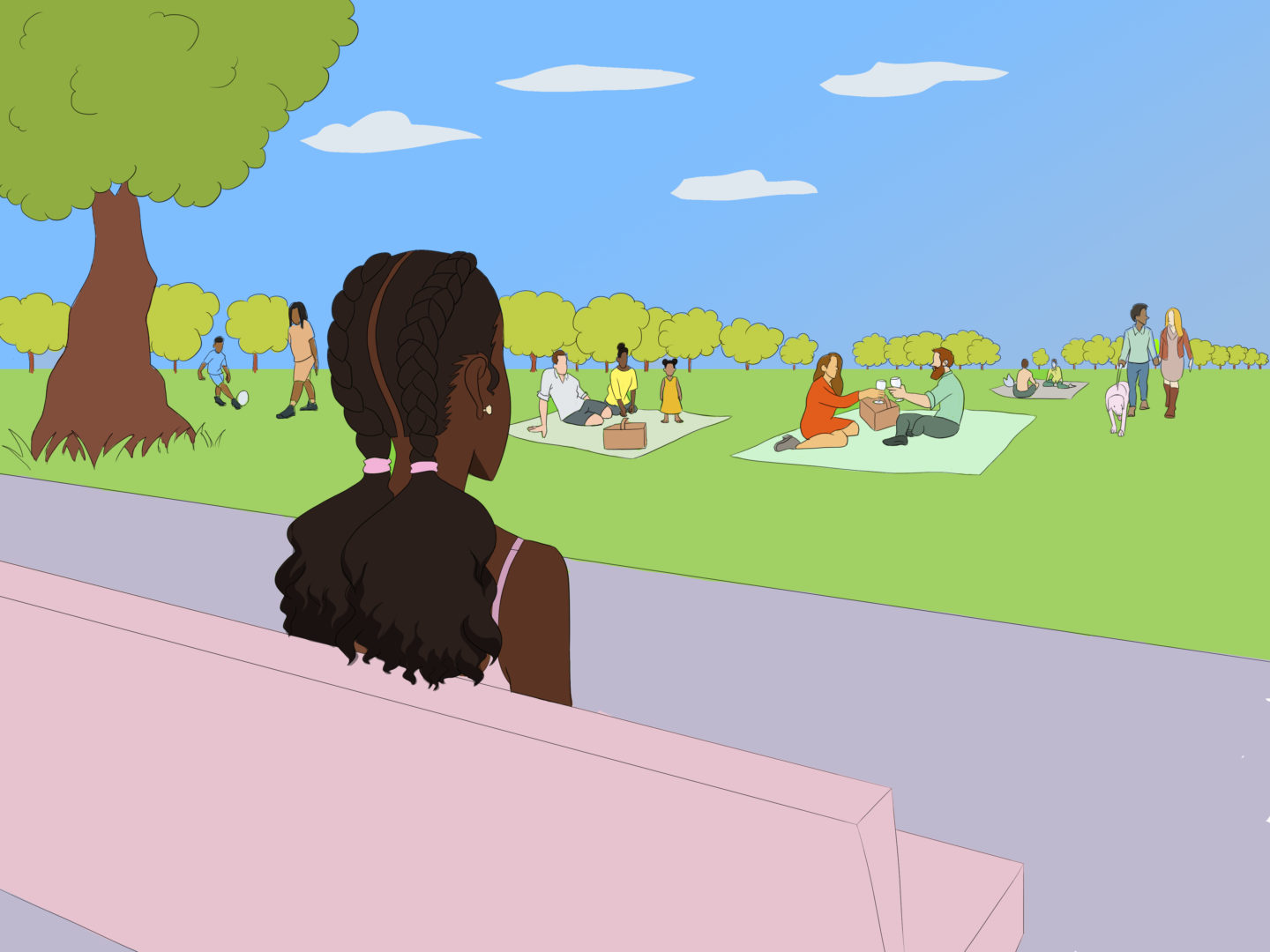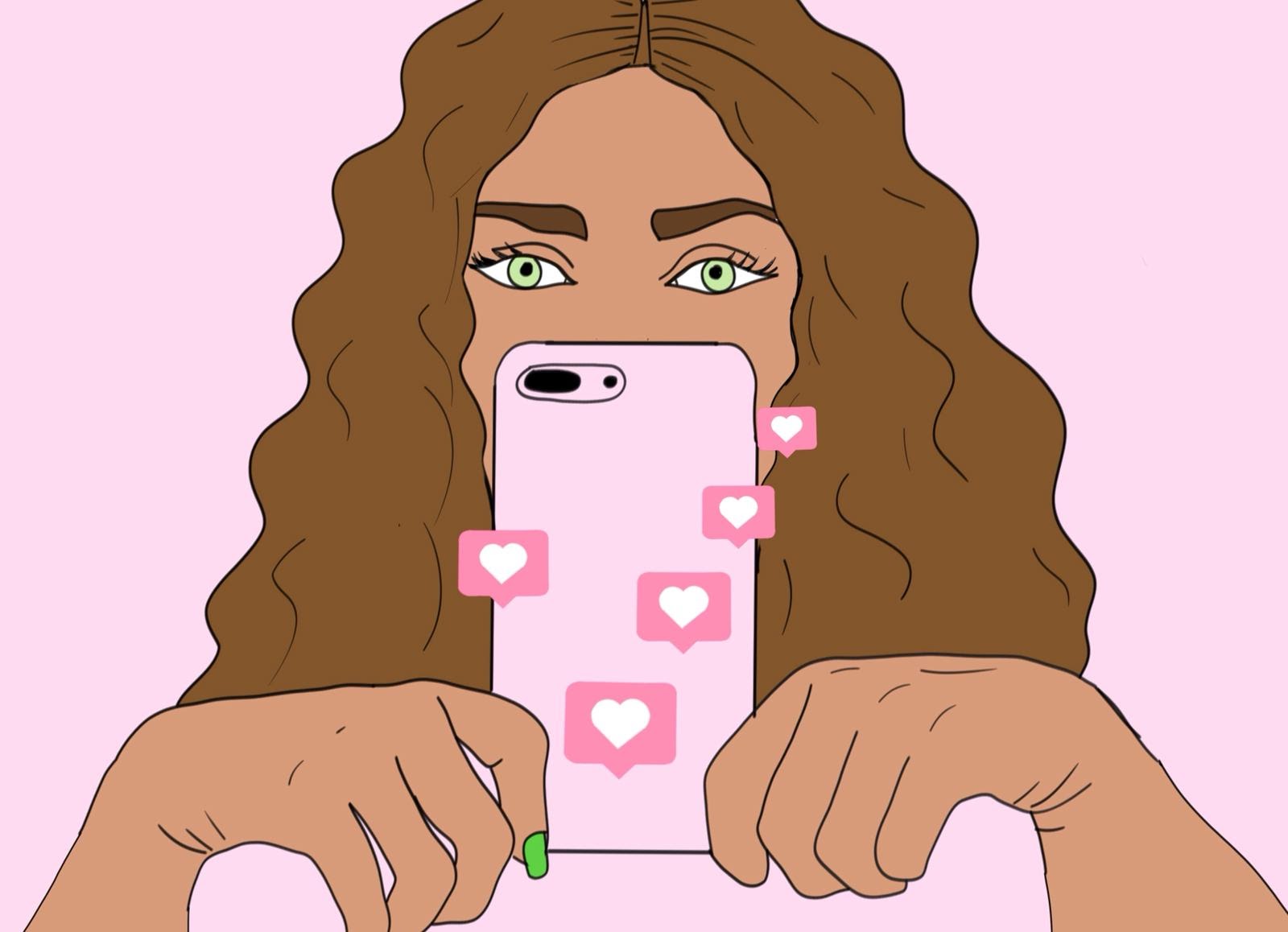Great news guys! Those of us born between the mid-1990s and mid-2000s are better behaved; less likely to smoke, use drugs and vandalise than previous generations. On the downside however, young people feel lonelier than ever before. Lonely young people are becoming a first world epidemic as we’ve become the loneliest generation.
It’s not just affecting us here in the UK; America, Canada and Japan are also falling victim to an increase in youth social isolation.
A recent poll conducted by YouGov found that three in ten young people aged between 23 and 38 have admitted to feeling lonely. Some reports show that 47% of 18 to 22 year olds feel left out. Clearly this issue isn’t exclusive to the elderly population.
I will admit this all sounds a little melodramatic but a study published in Perspectives on Psychological Science suggests that prolonged experiences of loneliness have a health impact similar to smoking 15 cigarettes a day. The British government have already appointed a minister for loneliness to combat the issue. So, we should probably take note.
Personally, I quite enjoy being alone. In fact, I’m guilty of feeling happy when social activities are cancelled because nine times out of ten, I didn’t want to go in the first place (I still appreciate the invite). Now I realise I’m adding to the lonely young people problem.
In the famous words of my parents, “it’s because you spend too much time on that phone”, but surely this isn’t the only reason?
Social media has created content addicts

There’s no shame in admitting that we’re social content addicts. On average we spend 5.9 hours engaging with online content every day. That’s 41.3 hours (nearly two whole days) a week.
Well, you know how that old saying goes? Time flies when you’re having fun online.
Now, do I believe that young people can become so engrossed in social content that they’re oblivious to people and events in their lives? Maybe, after all, businesses pay billions to ensure their apps and sites are designed to be as addictive as possible.
However, I think the issue is more complex than that. Besides, the AARP found that is ‘there is no significant difference in loneliness levels between those who used social media often or infrequently’. Rest assured you can continue scrolling through Instagram to your heart’s content.
We are up against challenges our parents never faced
While older people believe we’ve been coddled and spoon fed throughout our lives, in truth, we’re living in a completely different time. We have new stressors and distractions so it’s easy to fall in between the cracks. We strive for self-sufficiency but countless 21st century challenges restrict us from doing so whilst pulling us apart. If we need a ‘special cuddle’ there is an app for that. Trouble making friends? Go online. The lines between the real world and digital world are becoming blurred.
We feel we’re missing out
Social media can be a distraction, a substitution for real social communication and a representation of all the things we are not doing. Sometimes it’s not a feeling of loneliness, it’s a fear of missing out.
We don’t learn how to be alone
We have been surrounded by conversation our whole lives so when silence happens we have a hard time just being in it and feel there is something wrong.
‘Everything’ costs money
It can seem more attractive to save a few pennies here and there when we have personal debt. We sacrifice face-to-face interactions and experiences to feel more secure and in control.
It’s harder to create deep connections
Some of us are moving across the country to new cities, often ripping ourselves from close friends and social networks that can take years to build. Studying or working all the time, we are forced to partake in shallow small talk. Sometimes we find it difficult to have deep meaningful conversations.
Individualism
The feeling of isolation arises from a lot of root causes — individual preferences, the dislocation effects of school, university and work; as we grow older we change. We can often feel disconnected from old friends. Perhaps we are losing our sense of belonging.
Laziness
Some of us have perfected the art of laziness. When I’m not at work, I take full advantage of my bed (which now has a permanent imprint of my body). It’s easier and quicker to maintain a social life and keep up with what friends are doing through Insta Stories and Snapchat. Our phone screens bring us together.
Even if you’re a social butterfly and can’t relate to this article about lonely young people, we can all offer a smile or a “hello, how are you today” to someone we feel is at risk of being on the fringe. We are more than social content addicts, it’s time to look up and realise the people right in front of us.
For more information and support please visit Mind.
Find more lifestyle articles here >
Written by Amelia Benjamin
Featured image illustrated by Francesca Mariama
Second image illustrated by Josh Agamlong

